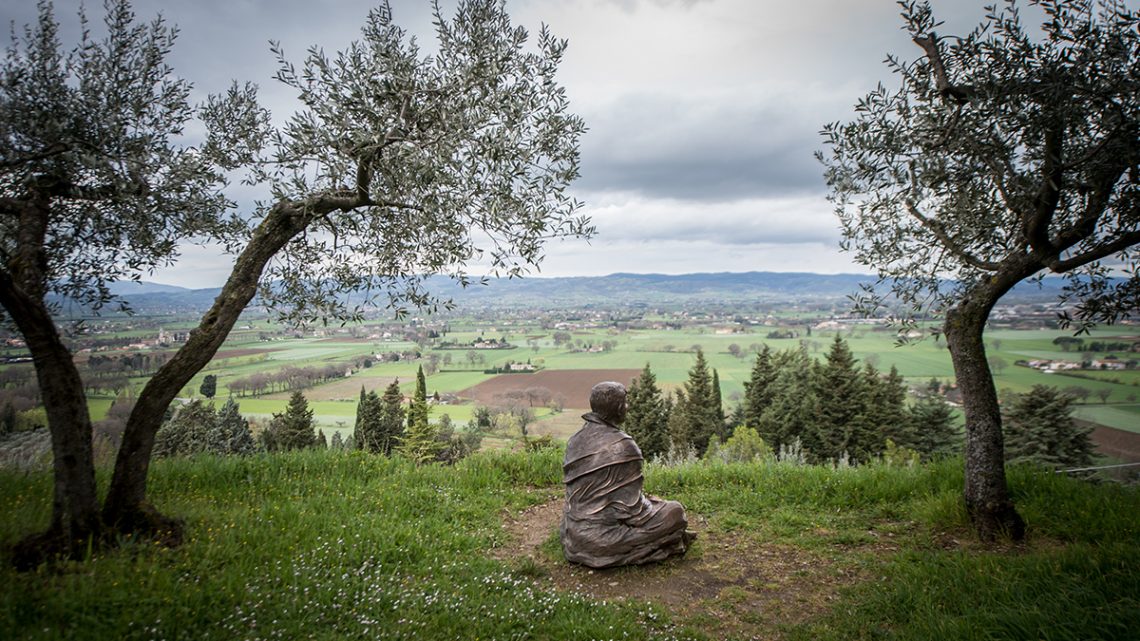
“We have inherited a garden: we must not leave a desert to our children.” Those are the words contained in a joint appeal signed by Pope Francis along with scientists and religious leaders on Monday morning in the Vatican during a meeting entitled “Faith and Science: Towards Cop26.”
The appeal spells out, in no uncertain terms, that unprecedented challenges “threaten our beautiful common home.”
It notes that “multiple crises facing humanity are ultimately linked to a crisis of values, ethical and spiritual, adding that as caretakers of the natural environment, there is a moral obligation “to cooperate in the healing of the planet.”
“We need a framework of hope and courage,” the document underlines, “but we also need to change the narrative of development. Climate change is a grave threat.”
The document calls for the world to achieve net-zero carbon emissions as soon as possible, reduce its own emissions and finance emission reductions by poorer nations.
It also appeals to governments “to raise their ambition and their international cooperation to favour a transition to clean energy; adopt sustainable land use practices; transform food systems to become environmentally-friendly and respectful of local cultures; end hunger; and to promote sustainable lifestyles and patterns of consumption and production.”
The appeal emphasizes that efforts need to be deepened in order to bring about “a change of heart among members of our traditions in the way we relate to the Earth and to other people.”
“Future generations will never forgive us if we miss the opportunity to protect our common home,” the document says.
“Scientists have warned us that there might be only one decade left to restore the planet. We plead with the international community, gathered at COP26, to take speedy, responsible and shared action to safeguard, restore and heal our wounded humanity and the home entrusted to our stewardship. We appeal to everyone to join us on this common journey.”
Christine Allen is the Director of CAFOD, the Catholic development agency for England and Wales. Giving her reaction to the appeal, she said, “It’s really quite unprecedented isn’t it for so many faith leaders to come together in this way. I remember when Pope Francis issued Laudato si’ in 2015; it had a very very significant impact on world leaders and on the subsequent COP negotiations there, and I’m hoping, as I hope Pope Francis is too, that this current appeal will have a very similar impact because it’s really desperately needs.”
In his own address on Monday morning during the meeting, the Pope called for a common commitment shaped by interdependence, love and mutual respect in efforts towards caring for our common home.
The CAFOD director noted that these are messages Pope Francis has been talking about since the publication of Laudato si’.
“His sense that everything is connected is absolutely fundamental to his concept of integral ecology; this sense that we are part of something, that we are connected to something. We can’t just act as if our actions have no implications on either other people or indeed the planet as a whole.”
She went on to say that “Pope Francis is calling us to see this issue completely differently; not just about economics, not just about politics but about how we as human beings engage both with one another and with our plant: How do we hear the cry of the earth as well as the cry of the poor?”